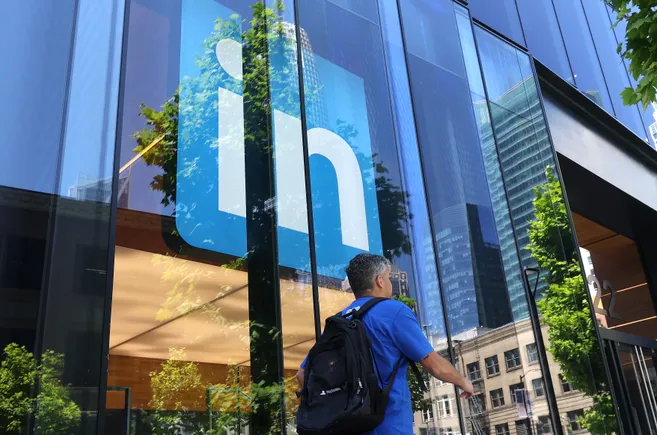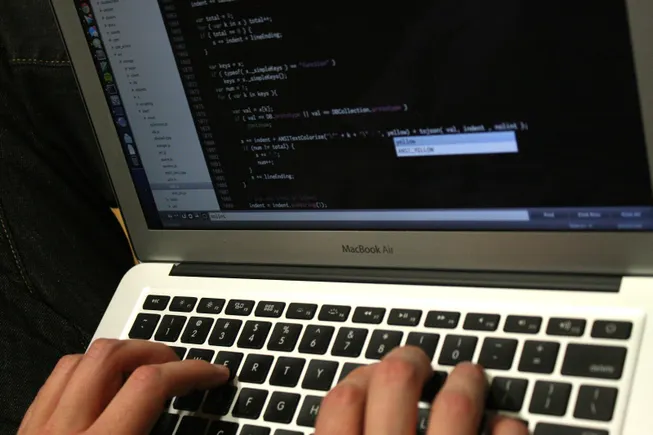The Class of 2025 faced a particularly tough job market, searching for jobs earlier, submitting more applications — averaging 10 applications to the Class of 2024’s six — and receiving fewer offers on average, a National Association of Colleges and Employers study said in a recent report, in partnership with Indeed.
Graduates were more likely to accept those offers, however, even amid uncertainty; 86.7% of those offered a job had accepted in 2025, compared to 81.2% of 2024 graduates.
“Compared to earlier classes, they were more likely to say they were unsure about their plans, and more were planning to enter the military, suggesting they were unsure about private-sector employment,” NACE said in an Oct. 30 announcement regarding the report.
Young workers have been particularly exposed to the changes brought by artificial intelligence tools, some research has indicated. A report from Stanford University noted that early-career workers in AI-exposed fields have seen a 13% relative decline in employment. Those fields included software engineering and customer service, among others.
Notably, less than a third of students surveyed by NACE said they used AI in their job search, and in a separate survey conducted by the organization, fewer than 22% of employers said they used it in their recruiting efforts.
Skills-based hiring also appears to still be largely unknown to graduates, NACE said; fewer than 40% of those surveyed said they were familiar with the term, though a little less than half said they were asked to perform a skills assessment as part of their job application.
Companies previously told Hirevue and Aptitude Research they don’t feel effective at skill validation, still relying largely on resumes and self-reported skills for assessments. The majority of graduates surveyed did participate in what NACE called experiential learning, however, including internships, indicating a cohort that may be interested in learning skills on the job.






Leave a Reply